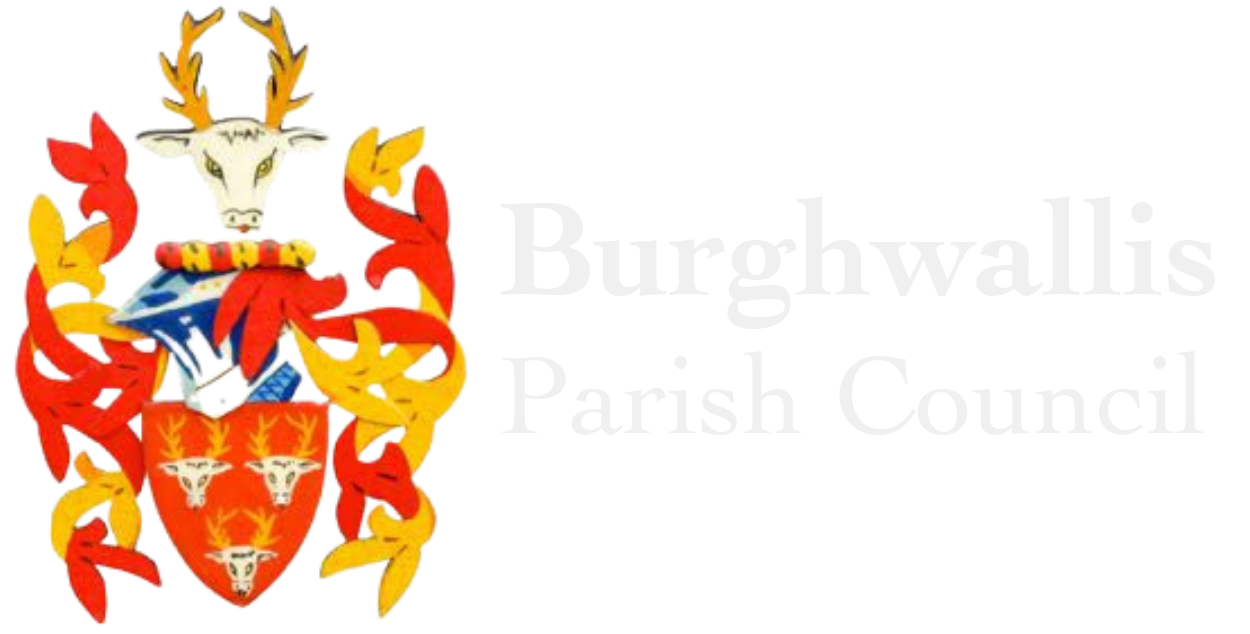The Great Famine of 1315–1317 (occasionally dated 1315–1322) was the first of a series of large scale crises that struck Northern Europe early in the fourteenth century.
It was a period marked by extreme levels of crime, disease, mass death and even cannibalism and infanticide. It had consequences for Church, State, European society and future calamities to follow in the fourteenth century.
The first consequence was for the Church. In a society where the final recourse to all problems had been religion, no amount of prayer seemed effective against the causes of the famine, which undermined the institutional authority of the Catholic Church.[3] This helped lay the foundations for later movements that were deemed heretical by the Church because they opposed the Papacy and blamed the failure of prayer upon corruption within the church.[3]
Second was the increase in criminal activity.[3] Medieval Europe in the thirteenth century already experienced social violence, where rape and murder were demonstrably more common than in modern times.[3] With the famine, even those who were not normally inclined to criminal activity would resort to any means to feed themselves or their family.[3] After the famine, Europe took on a tougher and more violent edge; it had become an even less amicable place than during the twelfth and thirteenth centuries.[3] The effects of this could be seen across all segments of society, perhaps the most striking in the way warfare was conducted in the fourteenth century during the Hundred Years’ War where chivalry was tossed aside, versus the twelfth and thirteenth centuries when nobles were more likely to die by accident in tournament games than on the field of battle.[3]
Third was the failure of the Medieval governments to deal with the crisis.[3] Just as God seemed unable or unwilling to answer prayers, the earthly powers were equally ineffective, eroding and undermining their power and authority.[3]
Fourth, the Great Famine marked a clear end to an unprecedented period of population growth that had started around 1050;[3] although some believe this had been slowing down for a few decades already, there is no doubt the Great Famine was a clear end of high population growth.[3]
Finally, the Great Famine would have consequences for future events in the fourteenth century such as the Black Death when an already weakened population would be struck again.[3]
